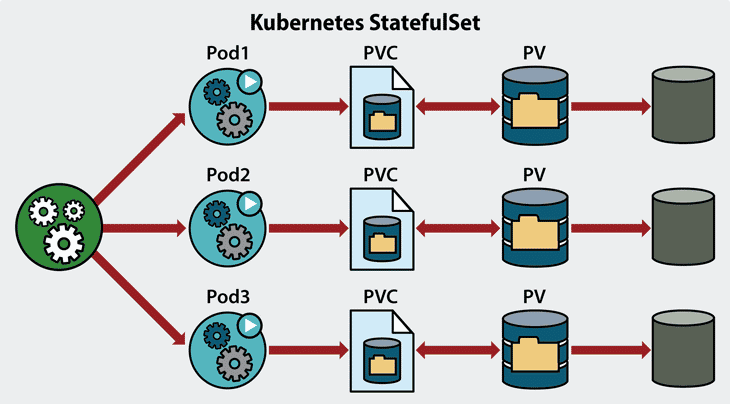An attacker first checks which software versions are running on the cluster. Which version of Kubernetes are you using? Are plugins or software packages like Helm used? Once identified, attackers can look for vulnerabilities or common exploits for outdated software. If you want to get all the answers to these questions, then you can get the information about Kubernetes storage solution via https://kubevious.io/blog/post/comparing-top-storage-solutions-for-kubernetes/.

So it’s a good idea to keep your cluster up to date – including Kubernetes itself (which regularly releases security updates), packages, and plug-ins. This can be a time-consuming process as Kubernetes is very individual and can use many different plugins and packages. This means you ensure that your CI / CD pipeline has an iterative autocorrect process so that correction is not a problem.
If you are using a service operated by a Kubernetes cloud provider such as Amazon’s EKS, they will look after you and be one of the best selling points of a Kubernetes supported service. In addition to updating your cluster, it is important that you keep the operating system up to date on all computers.
Recently, Kubernetes was in the news for the wrong reason: a security vulnerability. The Cloud Native Computing Foundation (CNCF), which handles Kubernetes, does its own security review of the popular container orchestration tool.
To test Kubernetes security, CNCF contacted two companies – Trail of Bits and Atredis Partners – to conduct a four-month thorough review of the Kubernetes source code.
 Hi, my name is Martin and I am a teacher at Davis School of sports, Sacramento. Learning new stuff and writing about the latest topics is my hobby. I came up with Blue Water Fishing Classic so that knowledge can be shared without any limitations.
Hi, my name is Martin and I am a teacher at Davis School of sports, Sacramento. Learning new stuff and writing about the latest topics is my hobby. I came up with Blue Water Fishing Classic so that knowledge can be shared without any limitations.